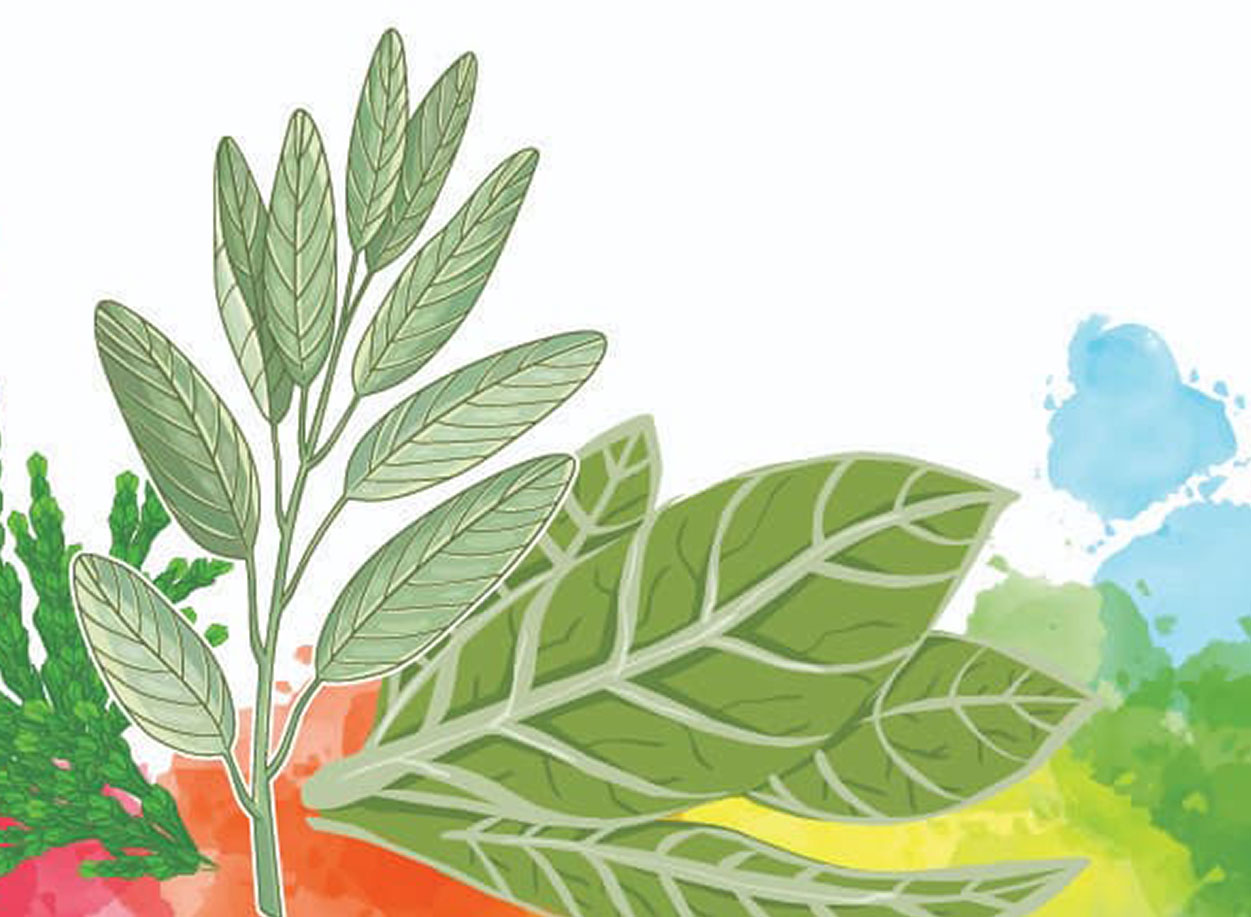Social Development Work Seeks to Improve the Experiences of Indigenous 2SLGBTQ+ and Youth
Restoring the Circle, is a WAGE-funded project on training public service providers to improve the experiences of 2SLGBTQ+ Indigenous survivors of gender-based violence.
The three-hour self-led online training for service providers is distributed to service providers across the country. Feedback from more than 30 service providers shows a widespread satisfaction and a high degree of uptake.

In 2009, the Public Health Agency of Canada released the Canadian Maternity Experiences Survey. The survey included over 300 questions on topics related to women’s perceptions, practices, and experiences before pregnancy; during pregnancy, labour, and birth; and in the early months of parenthood. However, this research excluded First Nations women living on-reserve, incarcerated women, women whose children were not living with them or apprehended at the time of the survey, and many other voices. This research also failed to include Indigenous maternal teachings and unique and complex ways of knowing, or to account for colonialism, racism, and sexism policies and practices, and the social contexts in which Indigenous Peoples live.
The G4E project uses online workshops and social media content to celebrate the voices of Indigenous youth of all genders across Turtle Island and Inuit Nunangat who are advocating for gender equality. and sexual and gender diversity.
NWAC applies its culturally relevant gender-based analysis (CRGBA) framework throughout all its policy projects. The goal of this work is to ensure that NWAC’s health research and policy analyses are rooted in an intersectional, gender-diverse, Indigenous-focused, trauma-informed, and distinctions-based framework.
NWAC is also working on two initiatives related to Indigenous women with disabilities. The first focuses on the United Nations Convention on the Rights of People with Disabilities (UNCRPD), and recently featured two virtual engagements with Indigenous women and experts in international law. The outcomes of these sessions will help lay the foundation for a report to the UNCRPD which will supplement Canada’s official submission and be a key part of the UNCRPD’s monitoring and reporting processes.
The second initiative, launched in September, is designed to improve the representation of Indigenous women, Two-Spirit, and gender-diverse people with disabilities among employers subject to Canada’s Employment Equity Act. This initiative will involve six virtual engagement sessions in October and November to help develop an employer training program, which NWAC will begin delivering in 2022.
Subscribe to our e-mail lists
Shining the Spotlight Newsletter is published monthly.